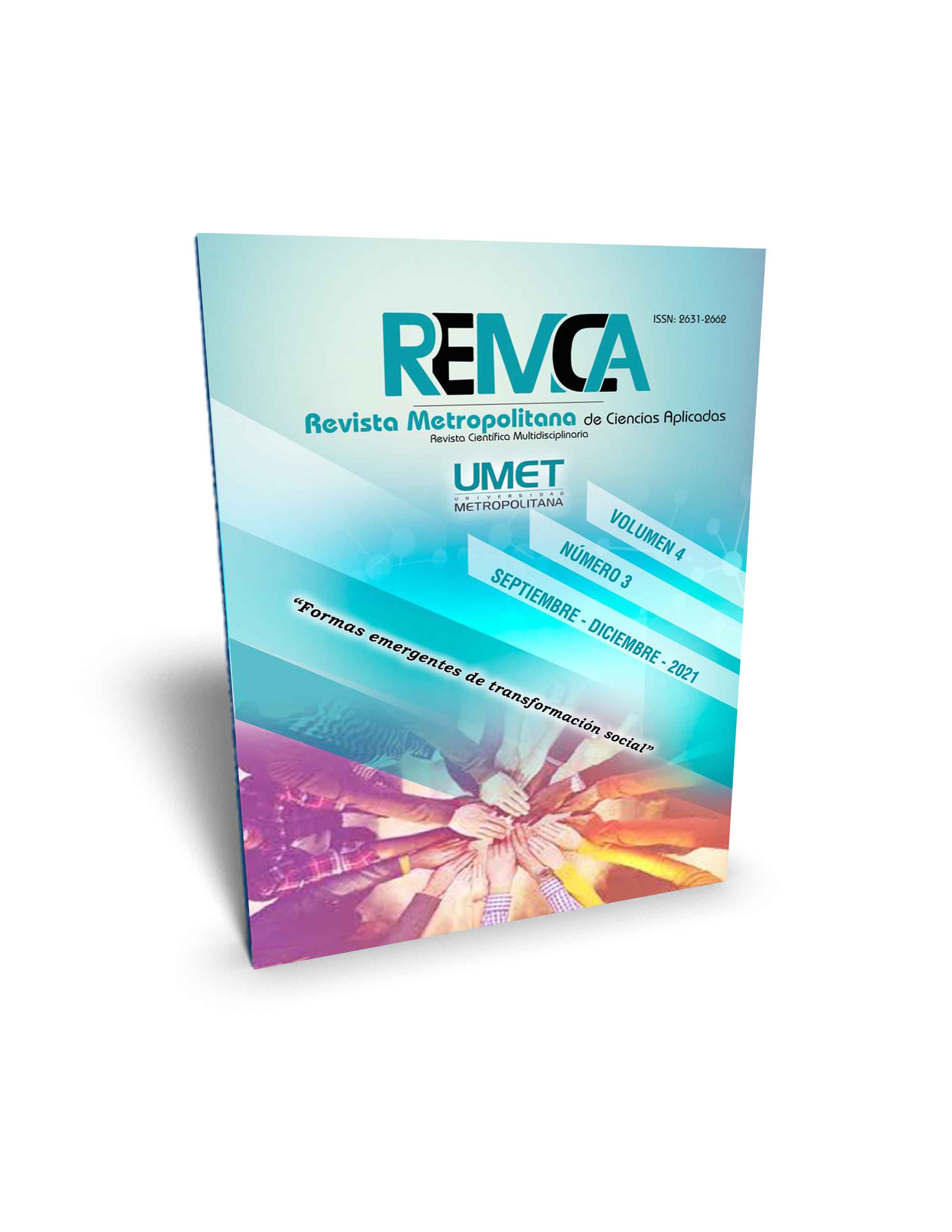The socio-affective climate in the development of emotional competences
DOI:
https://doi.org/10.62452/e0221b31Keywords:
Socio-affective climate, emotional competencies, psychosocial well-beingAbstract
This article proposes an analysis of the socio-affective climate in the development of emotional competencies in the current context. Scientific studies show that socio-emotional competencies in teachers are related to the educational success of students. The progressive expectation presented by today's society has generated a series of changes and challenges that have not necessarily been accompanied by a parallel development of skills, competencies and instances aimed at promoting social coexistence among others, it has not been possible to find significant solutions, and even A deterioration of psychosocial well-being can be observed for reflection on the preponderant role of the academic environment in the development of socio-affective skills of students, therefore a space to promote vicarious learning, as well as to strengthen the motivation of students towards achievement of certain learnings. Finally, the intention is to make known a series of diversity in relation to for reflection on the preponderant role of the academic environment in the development of socio-affective skills of students.
Downloads
References
Basabe, N., & Ros, M. (2005). Cultural dimensions and social behavior correlates: Individual-ism-Collectivism and Power Distance. International Review of Social Psycho-logy, 18(1), 189-225.
Cohen, J. (2004). La inteligencia emocional en el aula. Proyectos, estrategias e ideas. Tro-quel.
Ladd, G. W., Birch, S. H., & Buhs, E. S (1999). Children’s social and scholastic lives in Kin-dergarten: Related spheres of influence? Child Development, 70, 1373-1400.
Liranzo, S., Hernández M., Jiménez S., & Pacheco, B. (2017). Expresión socio-afectiva y arte en estudiantes del nivel primario. Revista Ciencia y Sociedad, 42(2), 53-63.
Lissitsa, S., Chachashvili, S., & Bokek, Y. (2017). Digital skills and extrinsic rewards in late career. Technology in Society, 51, 46-55.
Ocaña-Fernández, Y., Valenzuela-Fernández, L., & Garro-Aburto, L. (2019). Inteligencia arti-ficial y sus implicaciones en la educación superior. Propósitos y Representaciones, 7(2), 536-568.
Ortiz, L., & Gaeta, M. (2019). Desarrollo socio-afectivo en la educación media superior: el papel del contexto Académico. Revista Panamericana de Pedagogía, 27, 149-167.
Prendes Espinosa, M.P., Gutiérrez Porlán, I., & Martínez Sánchez, F. (2018). Competencia digital: una necesidad del profesorado universitario en el siglo XXI. Revista de Educa-ción a Distancia (RED), (56).
Vega Intriago, J. O., Bello Dávila, Z., Medina García, J., & Alfonso León, A. (2019). La ciencia y las competencias emocionales en el proceso de inserción laboral de los profesionales de medicina y enfermería de la Universidad Técnica de Manabí en Ecuador. Revista Cubana de Educación Superior, 38(2), 1-12.
Villegas, C. (2010). La afectividad como el eje central del encuentro educativo. (Ponencia). Congreso Iberoamericano de Educación Metas Educativas. Chubut, Argentina.
Downloads
Published
Issue
Section
License
Copyright (c) 2021 Evangelina Huerto Caqui, Johnny Félix Farfán Pimentel, Rommel Lizandro Crispín, Enaidy Reynosa Navarro (Autor/a)

This work is licensed under a Creative Commons Attribution-NonCommercial-ShareAlike 4.0 International License.
Authors who publish in Revista Metropolitana de Ciencias Aplicadas (REMCA), agree to the following terms:
1. Copyright
Authors retain unrestricted copyright to their work. Authors grant the journal the right of first publication. To this end, they assign the journal non-exclusive exploitation rights (reproduction, distribution, public communication, and transformation). Authors may enter into additional agreements for the non-exclusive distribution of the version of the work published in the journal, provided that acknowledgment of its initial publication in this journal is given.
© The authors.
2. License
The articles are published in the journal under the Creative Commons Attribution-NonCommercial-ShareAlike 4.0 International License (CC BY-NC-SA 4.0). The terms can be found at: https://creativecommons.org/licenses/by-nc-sa/4.0/deed.en
This license allows:
- Sharing: Copying and redistributing the material in any medium or format.
- Adapting: Remixing, transforming, and building upon the material.
Under the following terms:
- Attribution: You must give appropriate credit, provide a link to the license, and indicate if any changes were made. You may do this in any reasonable manner, but not in any way that suggests the licensor endorses or sponsors your use.
- NonCommercial: You may not use the material for commercial purposes.
- ShareAlike: If you remix, transform, or build upon the material, you must distribute your creation under the same license as the original work.
There are no additional restrictions. You may not apply legal terms or technological measures that legally restrict others from doing anything the license permits.




